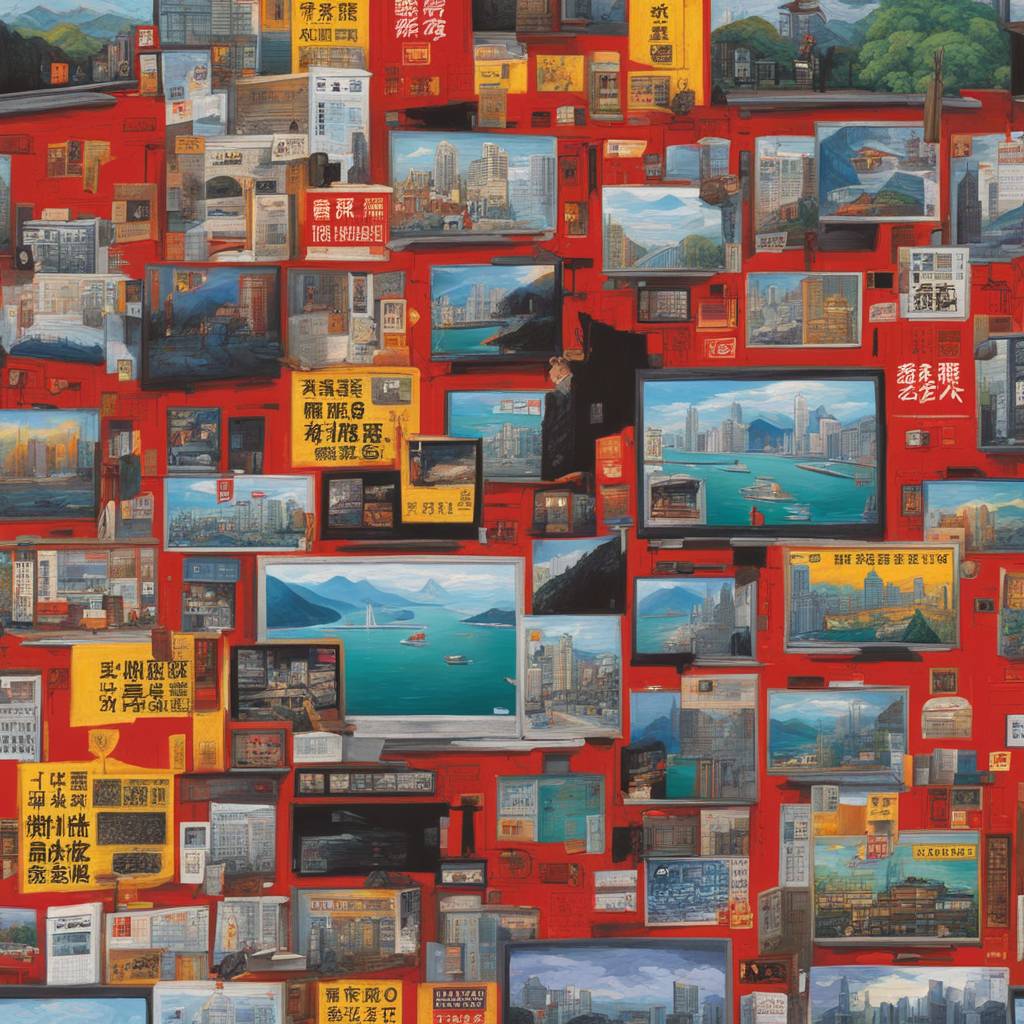Art Basel and Art Central have returned to Hong Kong in full force, showcasing the work of over 240 international galleries. The events have attracted serious art buyers and casual enthusiasts alike, with the government providing financial support to promote major cultural events like these. They see such events as a way to revitalize Hong Kong’s economy and international reputation, which have suffered due to the pandemic and crackdown on dissent. Despite concerns about free expression, Art Basel maintains that censorship has not been an issue at their shows.
The government has been investing heavily in Hong Kong’s cultural development, opening new art museums and attracting major auction houses to the city. However, this cultural growth has occurred alongside a crackdown on dissent, raising challenges for international art companies operating in Hong Kong. Some artists have faced censorship, with sculptures and artworks being removed from public spaces. The new local national security law has expanded the crime of sedition, heightening concerns about self-censorship and the impact on artistic expression in Hong Kong.
The recent approval of the Article 23 law has intensified worries among artists about legal risks and self-censorship. The law targets acts of sedition against the Chinese and Hong Kong governments, with increased penalties for offenders. This environment could suppress creativity and diversity in Hong Kong’s artistic community, discouraging international artists from participating in events like Art Basel. The effects of self-censorship could extend beyond Hong Kong and impact the global art market.
Some artists and scholars believe it is crucial for Western arts organizations and auction houses to speak out on behalf of Hong Kong’s silenced artistic community. The responsibility falls on these entities to advocate for artistic freedom and push back against restrictive laws that stifle creativity and expression. Despite the challenges posed by the national security laws, Hong Kong is likely to maintain its prominent position in the art world. However, the ongoing tensions between cultural aspirations and political realities in Hong Kong raise difficult questions for international art companies navigating this complex landscape.
The atmosphere of uncertainty and apprehension in Hong Kong’s artistic community highlights the need for clarity on where the boundaries of artistic expression lie. Artists and galleries are navigating a delicate balance between showcasing provocative works and avoiding potential legal repercussions. The continued presence of major cultural events like Art Basel and Art Central demonstrates Hong Kong’s resilience and determination to remain a crucial hub for international arts and culture. As the city grapples with conflicting pressures and interests, the future of artistic expression in Hong Kong remains uncertain but critical for its identity as a global cultural center.


